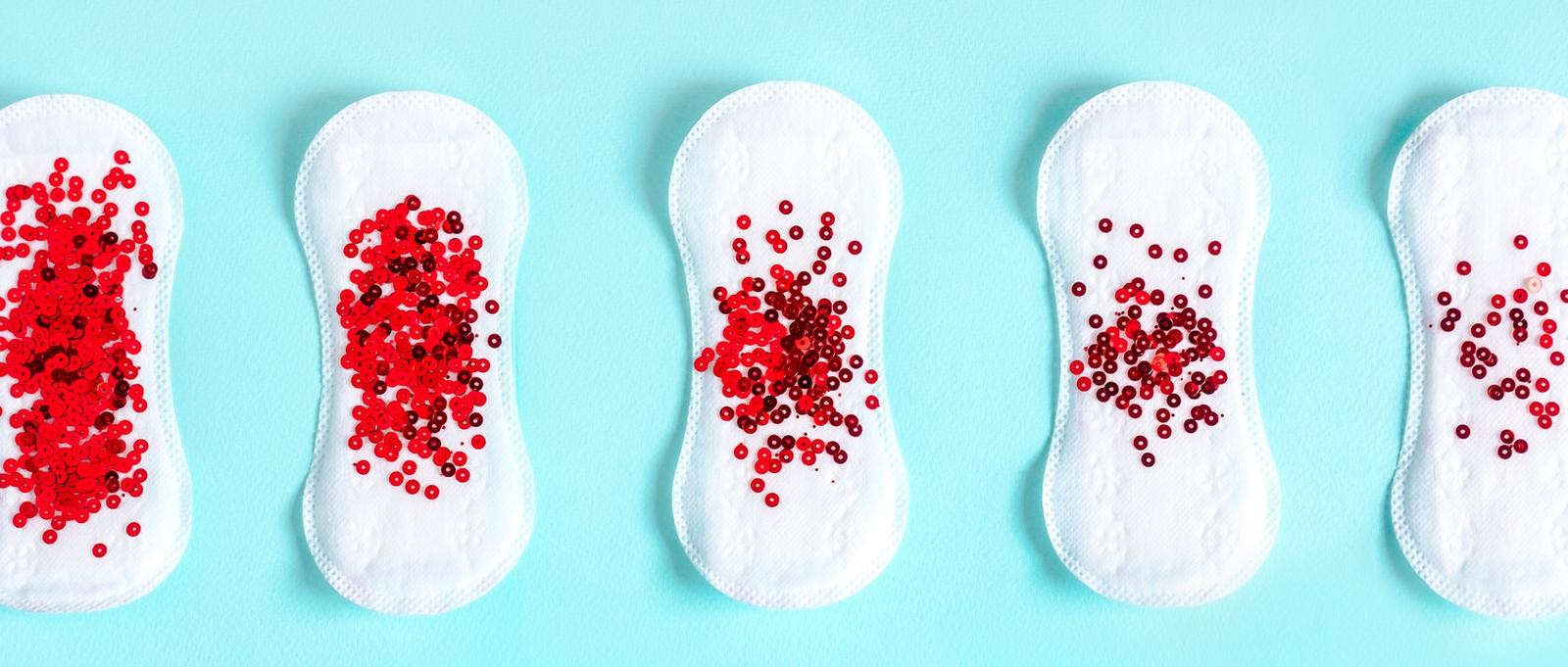
How to delay your period - is it safe to take norethisterone?
Peer reviewed by Dr Sarah Jarvis MBE, FRCGPLast updated by Lydia SmithLast updated 17 Apr 2019
- DownloadDownload
- Share
Periods are a normal and healthy part of life, but there are times when we've all wished they wouldn't arrive. There are a number of ways to delay your period for a holiday or special event, including taking a medication called norethisterone. But is it safe?
In this article:
Continue reading below
What is norethisterone?
Norethisterone is a synthetic progestogen that is similar to the progesterone hormone we naturally produce. During a menstrual cycle, the level of progesterone hormone falls which causes your womb lining to shed and your period to occur. If progesterone - or norethisterone - is taken throughout, the levels don't drop which prevents menstruation from taking place.
"Norethisterone is commonly used because it's familiar, it's something we've used for many years and it works," says Dr Prabha Sivaraman, a consultant gynaecologist at the My Gynae clinic in Manchester. "Generally it's safe for the purpose of postponing the period for a holiday - perfectly fine."
Claire*, 30, struggles with heavy periods and used norethisterone while on holiday. "I didn't want my period to disrupt my holiday and I didn't want to think about tampons while by the pool," she says. "Although the pills worked, I felt bloated and suffered period pain while taking them which affected my holiday a bit."
How do you take norethisterone?
The medication has to be taken three days before your period is due and you will have to take one tablet three times a day for up to 20 days in total. This will delay your period for this amount of time and you should start bleeding two to four days after you stop taking the pills.
Continue reading below
Norethisterone side effects
Norethisterone is safe for most women to use on an occasional basis, but it is not recommended to use this to delay your period regularly.
There are also some side effects associated with taking the medication. "Women may experience side effects such as low mood, acne, breast tenderness, fluid retention and loss of libido," says Miss Meg Wilson, a gynaecologist at London Gynaecology.
It's important to note that how well it works varies between women, however. It's also not a contraception, and while taking it you will still need to protect yourself using another method, such as condoms, to avoid pregnancy.
Patient picks for Periods and period problems

Women's health
Periods and PMS videos
Our periods and PMS video hub breaks down everything you need to know — from what’s normal and what’s not, to common issues like cramps, heavy bleeding, and mood swings. You’ll also get clear, trustworthy information on PMS (premenstrual syndrome) and how it can affect your body and mind.
by Lawrence Higgins

Women's health
How to delay a period
Some women may wish to delay a period. This may be if a period is due at a time that would be inconvenient - for example, on a holiday or during an exam.
by Dr Toni Hazell, MRCGP
Is there anyone who should avoid taking norethisterone?
"Norethisterone is safe for the majority of women," Wilson says. "It should not be used for women who have suffered with liver tumours, breast cancer, a history of jaundice during pregnancy, and severe vascular disease."
You should avoid taking the medication if you are pregnant or think you could be, if you are breastfeeding, if you have abnormal vaginal bleeding that hasn’t been investigated by a doctor, or if you have a known, suspected or past history of genital or breast cancer (unless you have been prescribed norethisterone to treat breast cancer).
Those who have recently had angina, a heart attack or a stroke caused by a blood clot should also avoid taking norethisterone.
Dr Lucinda Farmer, spokesperson for the Faculty of Sexual and Reproductive Healthcare (FSRH), says norethisterone has been shown to be partly metabolised to become the oestrogen hormone ethinylestradiol.
"Women being prescribed 5 mg of norethisterone to postpone menstruation could be exposed to 20-60 mcg of ethinylestradiol a day, which is equivalent to the amount found in two combined contraceptive pills," she says. "Care should be taken when prescribing these doses of norethisterone in women with contra-indications to the combined pill, especially women presenting with risk factors for venous thromboembolism."
Continue reading below
How else can you delay your period?
Although norethisterone is safe and can work well for many women who want to occasionally postpone their period, it can come with side effects - so it's worth trying it out before your holiday to see how it will affect you. Before you delay your period, you should speak with your GP who can advise the best option for you.
There's no guaranteed way to postpone your period, but it might be possible if you take the combined contraceptive pill (often just called the pill) back-to-back. In fact, the FRSH has recently changed its guidance on taking the pill. They point out that there's no harm from missing 'periods' on the pill, because they're not actually periods at all - they're withdrawal bleeds when the daily dose of hormone is withdrawn for a week.
They suggest doctors should offer all women the choice of taking the pill for three weeks with a four-day, rather than a seven-day, break; taking the pill without any break; taking a break after every third pack rather than after every pack; or taking the pill continuously until you have a breakthrough bleed.
If you are on the progestogen-only pill - also known as the mini pill - then this is taken every day of the month without a break. It is not possible to delay your period with this pill.
Phasic combined contraceptive pills contain different quantities of hormones in each pill, so you can't just take two packets back-to-back to delay your period. If you have been prescribed a phasic pill brand you should talk with your doctor before attempting to delay your period.
Some other forms of contraception, such as the injection or the Mirena coil, may make periods lighter or stop them altogether, but this is not the case for all women.
Trying to delay your period can also lead to breakthrough bleeding, which is bleeding at a time when you aren't expecting your period, due to hormonal fluctuations.
Article history
The information on this page is peer reviewed by qualified clinicians.
17 Apr 2019 | Latest version

Ask, share, connect.
Browse discussions, ask questions, and share experiences across hundreds of health topics.

Feeling unwell?
Assess your symptoms online for free